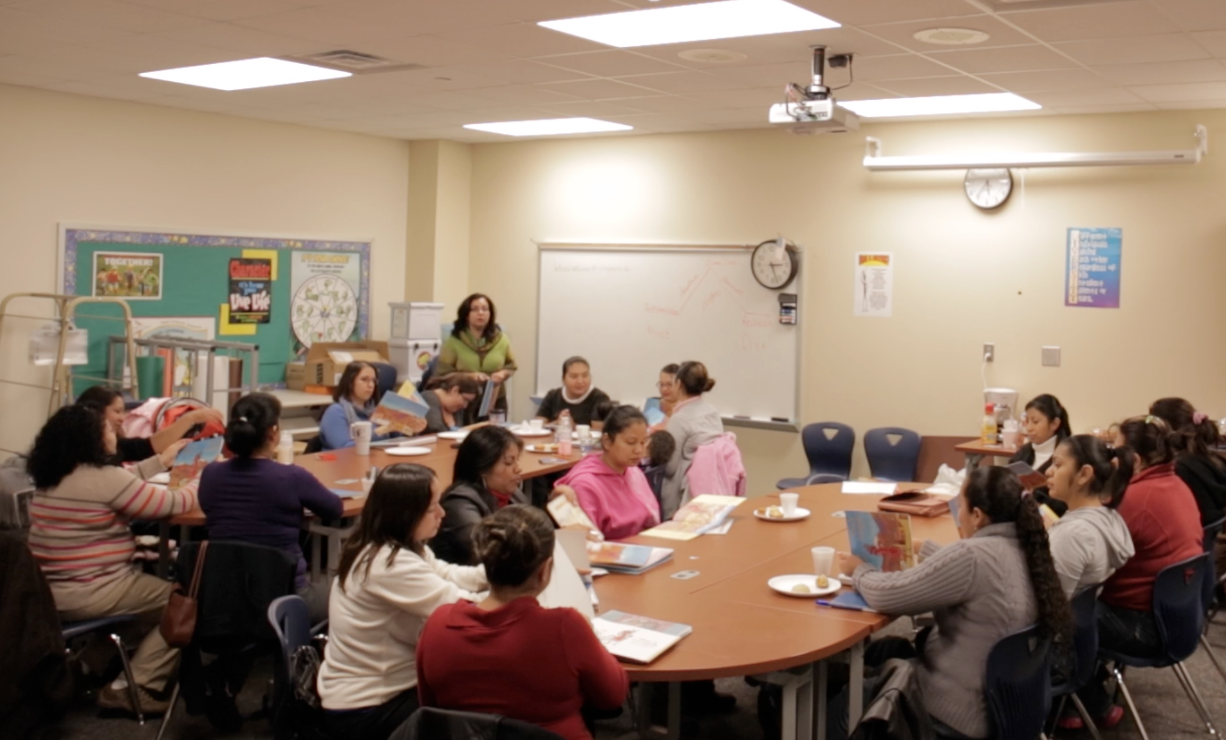Parental involvement is a crucial part of a child’s educational road map. But this can be tougher to achieve for parents of English learner (EL) students. Communication is a large component of effective engagement and it’s up to educators to ensure that a positive discourse is reached between the school and the parents of EL students. There are a variety of obstacles which often hinder effective communication between home and school. It might be that there is not enough school staff to reach out to parents in Spanish, or perhaps parents are not comfortable with the educational setting yet due to their own experiences in their country of origin. If parents are not documented, they might be reluctant to come to the school or to talk to teachers for fear of jeopardizing their documentation process. Another major factor is the simple unavailability of one or both parents to get involved as much as they may like. Many immigrant parents hold down one or two jobs that require them to work long hours, which doesn’t leave much extra time during the school week. In addition, there may be cultural differences that hinder communication, where some parents believe that the school and the teachers have the last word on the education of their child, and they do not want to interfere.

Lectura Books publishes bilingual books exclusively for The Latino Family Literacy Project. When staff joins a webinar for training with The Latino Family Literacy Project, they learn a whole new framework for understanding Latino immigrant parents and will help parents learn how to read with their kids, develop English vocabulary and regular family reading routines. See what one district leader has to say! Join the experts for an award-winning parent involvement program.
